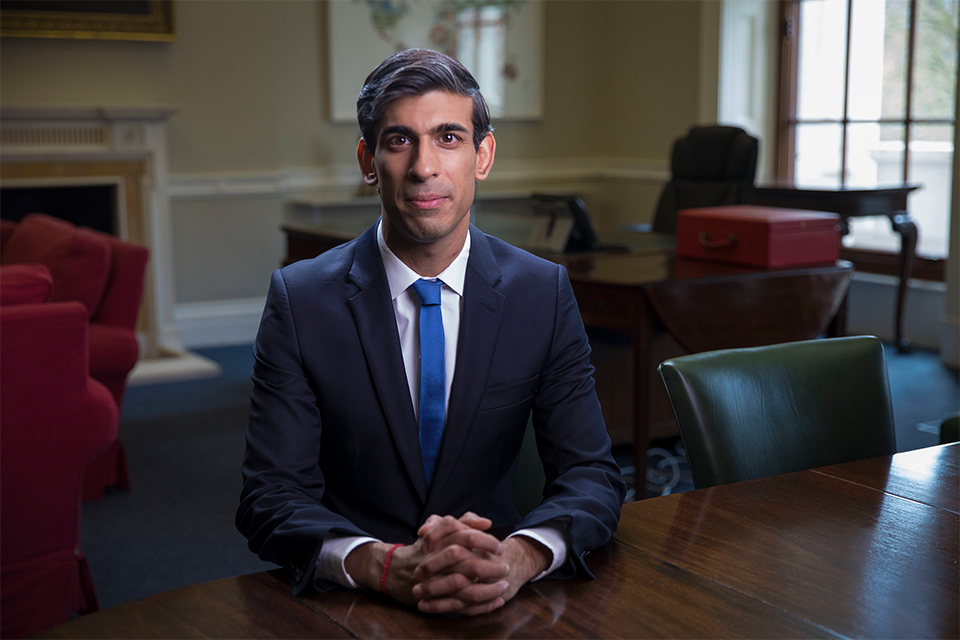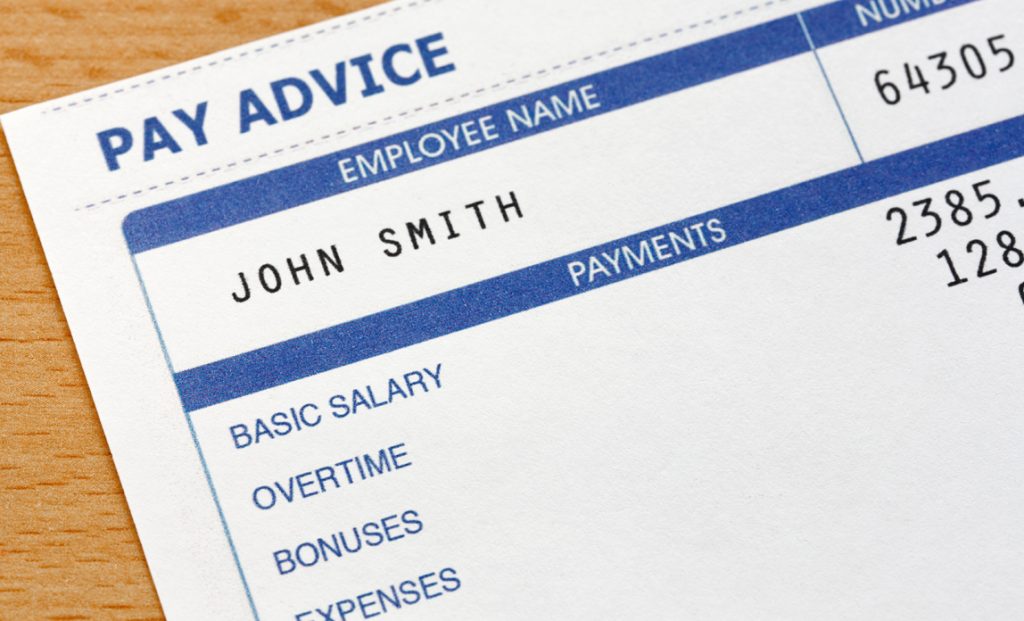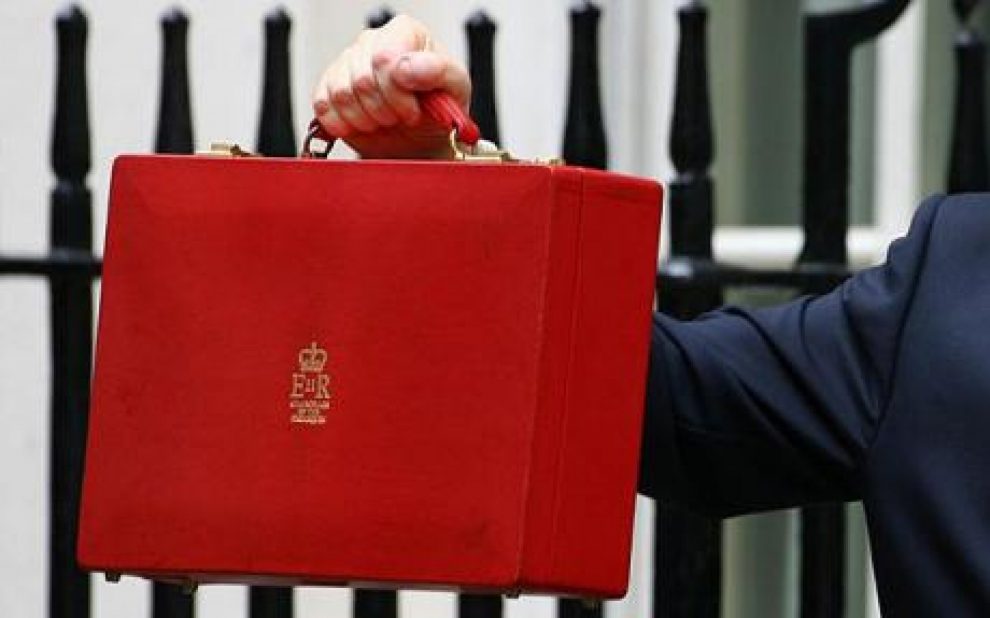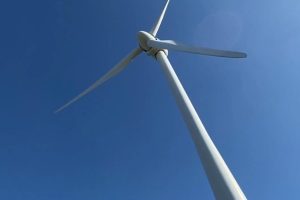ON WEDNESDAY, March 3, Chancellor of the Exchequer Rishi Sunak delivered a Budget that raised taxation to a percentage of Gross Domestic Product not seen since the late 1960s.
Balancing people’s expectations of what the state ‘should’ provide against how much cash they want in their own pockets is always an unenviable job.
Direct taxation now brings in far less than it used to as a proportion of tax. That means the government has to work around the tax system’s edges and cut spending to make ends meet. A shrinking population from which income tax can be levied means modern Chancellors face an even trickier task.
In the prevailing economic circumstances, the economic collapse caused by the pandemic and the medium-term adverse economic impact of Brexit, Mr Sunak’s job is more difficult than most of his predecessors’.

In a more cynical view, those factors give Mr Sunak more scope than other Conservative chancellors to hike taxes and curb spending over the short-to-medium-term.
People know a lot of money has been borrowed and spent. They also know the Government must pay it back over a long period of time. Although the price of the ongoing economic crisis has been passed to future generations to pay, inroads into paying it must start very soon.
Conspicuous by their absence from Rishi Sunak’s speech were healthcare workers’ pay, commitment to future funding for the NHS, any commitment to reforming social care or consideration of its funding, and uprating welfare benefits to meet the rising cost of living.
For decades, the same topics have been kicked into the long grass. They remain firmly in the undergrowth.
The Chancellor formally announced a series of short-term measures. All of them had been extensively trailed in the media for days beforehand. He combined those announcements with a few longer-term sweeteners offered more in hope than expectation.
FURLOUGH
The Chancellor extended the Job Retention Scheme (‘furlough’) to September.
Rain Newton-Smith, CBI Chief Economist: “Quite simply, extending the scheme will keep millions more in work and give businesses the chance to catch their breath as we carefully exit lockdown.
“The furlough scheme has been a stand-out success throughout the crisis. It’s common sense to keep the scheme going while business resilience remains fragile for some months yet.
“As we make progress into the summer, it’s right that businesses start contributing to be part of the scheme. Meanwhile, it’s great to see more support for the newly self-employed, who have missed out over the last year.”
Federation of Small Businesses (FSB) National Chairman Mike Cherry was more cautious: “While the furlough extension is much-needed, small employers are still struggling due to high national insurance contributions and the removal of the job retention bonus. The Government should look again at these areas. Fundamentally, there was very little in the statement on job creation and reducing the cost of employment.
“Ensuring the newly self-employed can now access support marks a big step forward, but directors, who appear to have been left out yet again, will be incredibly disappointed.”
BUSINESS RATES
The Chancellor extended the business rates holiday in England by an additional three months.
In Wales, Finance Minister Rebecca Evans announced a twelve-month extension.
In combination with the Welsh Government’s existing Small Business Rates Relief scheme, the relief package will ensure that more than 70,000 businesses will continue to pay no rates at all in 2021-22.
The Minister also committed to providing businesses and charities in the leisure and hospitality sector with a rateable value of over £500k with 100% rates relief for 2021-22.
Rebecca Evans said: “The Welsh Government has worked to ensure businesses in Wales have access to the most generous business support package anywhere in the UK.
“I am pleased to confirm that our 100% rates relief package for those hardest hit sectors will continue for a further 12 months, protecting jobs and businesses across Wales.”
UNIVERSAL CREDIT
For months, Preseli Pembrokeshire MP Stephen Crabb has pressed Rishi Sunak to retain the £20 uplift in Universal Credit introduced to tackle increased financial demands faced by those dependent on welfare benefits or low pay.
Most middle-class families with secure incomes have actually seen their financial positions improve due to reduced outgoings on inessential purchases.
Those in less secure employment, employed in retail, service industries, lower-paid jobs or unemployed have seen their outgoings as a proportion of income increase and/or their incomes fall.
Former Work and Pensions Secretary Mr Crabb, backed by a handful of other Conservative backbenchers and the Parliamentary opposition, has campaigned relentlessly on the issue.
At the last possible moment, Mr Sunak answered his calls.
The Chancellor said: “To support low-income households, the Universal Credit uplift of £20 a week will continue for a further six months, well beyond the end of this national lockdown.
“We’ll provide Working Tax Credit claimants with equivalent support for the next six months.
“And, because of the way that system works operationally, we will need to do so with a one-off payment of £500.”
The Chancellor also increased the National Living Wage to £8.91 per hour.
VAT
Mr Sunak said: “One of the hardest-hit sectors has been hospitality and tourism: 150,000 businesses that employ over 2.4 million people need our support.
“To protect those jobs, I can confirm the extension of the 5% reduced rate of VAT for six months to September 30.
“And even then, we won’t go straight back to the 20% rate.
“We’ll have an interim rate of 12.5% for another six months, not returning to the standard rate until April of next year.”
The Federation of Small Businesses Wales said: “The continuation of the VAT cut will be critical for those businesses that the pandemic has worst hit.”
Major supermarkets and other retailers which had been allowed to stay open as essential businesses said they would repay the rates relief they received last year, giving back £2bn of the estimated £11bn it cost the Treasury.
Asda, Tesco and Sainsbury’s said they would do it again this time.
The FSB’s Mike Cherry said: “Maintaining the £85,000 threshold for VAT registration is positive. However, it will not resolve the bunching issue, where firms near that turnover level stop growing. We hope policymakers will look again at proposals for a smoothing mechanism.”
TAX

Mr Sunak announced a freeze in wages’ tax-free allowances until 2026.
It’s a stealthy way of making people pay more in taxes and take a cut in incomes as prices increase.
As wages rise over the next five years, more people will enter the 40% tax bracket. In the same period, no increase in the tax-free allowance for the bottom rate of income tax will mean that, as lower wages rise, more low wage earners will start paying income tax.
Technically, people won’t pay more income tax as rates aren’t being raised, but 1m more people will pay the higher rate of income tax, and 1.3m people will have to start paying income tax.
People will feel the pain in their pay packets.
Further stealth tax increases come through the freezing of inheritance tax thresholds, pensions’ lifetime allowances, and annual capital gains tax exemptions at 2020-2021 levels until 2025-26.
Businesses face an increase in Corporation Tax, which will rise to 25% in 2023.
Small businesses with profits under £50,000 will be exempt from the Corporation Tax increase. This means that 70 per cent of businesses or 1.4m small firms will be unaffected by it.
Businesses with profits higher than £50,000 will have a stepped increased.
Only 10 per cent of UK businesses will pay the full 25 per cent corporation tax rate in 2023.
However, the Chancellor has offset the Corporation Tax increase by offering a ‘super incentive’ for firms to invest. Companies will be able to ‘deduct’ investment costs from tax bills, reducing taxable profits by 130%. The Office of Budget Responsibility estimates the measure could increase business investment by 10%.
CIGARETTES
& ALCOHOL
And finally:
• All alcohol duties to be frozen for the second year running
• No extra tax on spirits, wine, cider or beer
• Fuel duty to be frozen for the eleventh consecutive year
• Tobacco duties to rise by inflation plus 2%
Jonathan Edwards’ Budget Response

















Add Comment